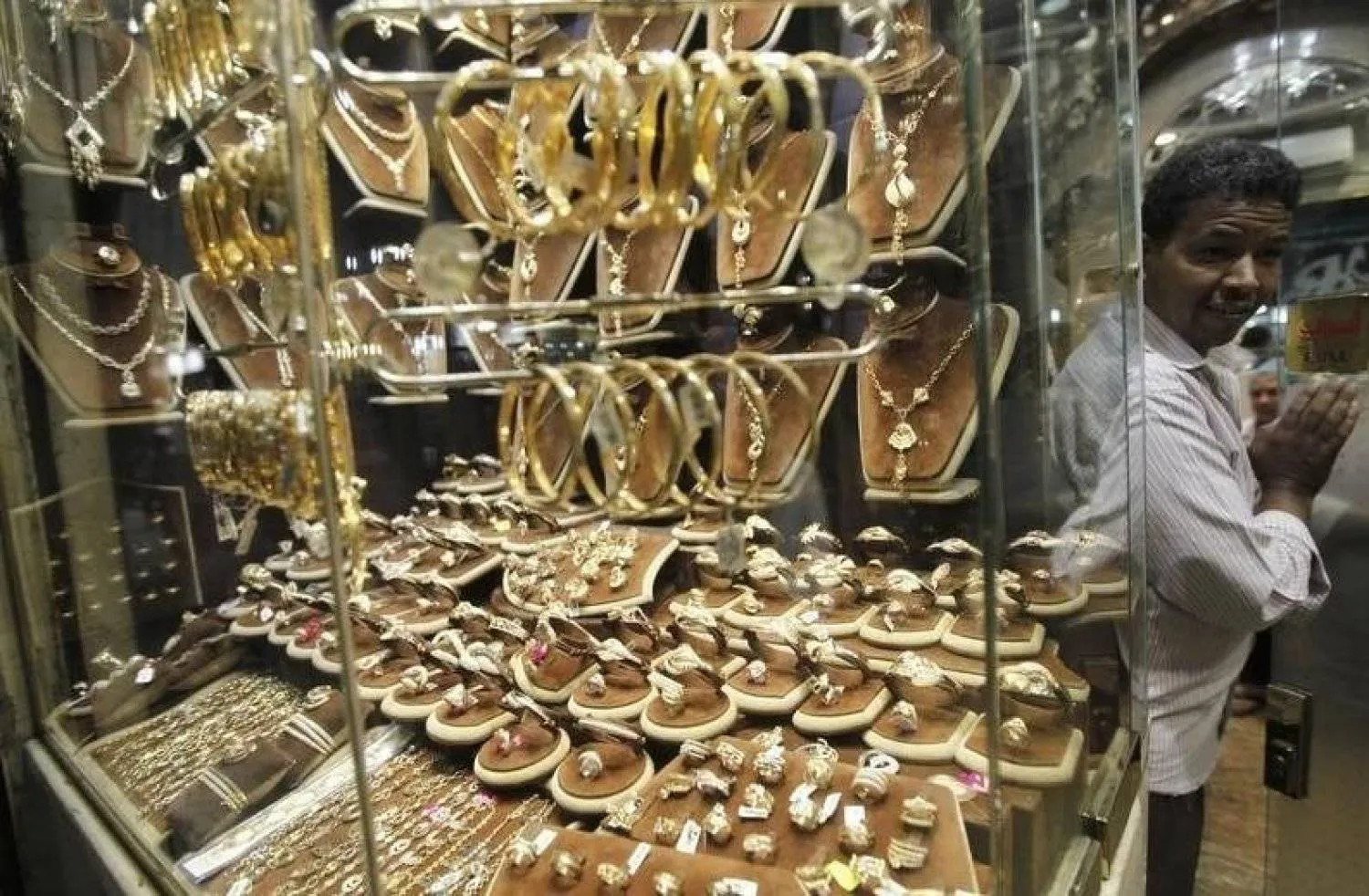Gold prices in Egypt have risen more sharply than global prices recently, which could affect buying and selling in a country where many use gold as a safeguard against economic instability.
Egyptian traders are worried that these recent price hikes, deemed “irrational” by some, might reduce sales. This follows a decline in the gold market during the second quarter of this year, though there has been a recent surge in purchases.
As a result, there’s renewed discussion about reinstating the customs exemption for gold brought in by Egyptians returning from abroad.
The head of the General Gold Division for Gold and Jewelry at the General Federation of Chambers of Commerce Hani Milad told Asharq Al-Awsat that the current market conditions resemble those from a year ago, prompting an urgent meeting on Friday.
They decided to propose to the government, starting Sunday, the reinstatement of the customs exemption.
Milad said this move would help balance supply and demand given the recent surge in gold demand and record high global prices.
“When we proposed the customs exemption in May 2023, the market conditions were similar to now. Reactivating this initiative seems to be the best solution,” said Milad.
“We will present it to the government on Sunday and wait for their response," he added, describing the current price spikes as “irrational.”
Moreover, Milad noted strong buying activity in the past two weeks driving up prices, leading to the proposal for reinstating the exemption. He expressed uncertainty about whether the government will approve or reject it.
Gold performed well in July, rising by 4% to $2,426 per ounce after a slight dip in June.
The increase was driven by lower US 10-year Treasury yields, making gold more attractive, and a weaker dollar, making gold cheaper for foreign buyers. Additionally, interest rates on gold futures increased more than long positions.









